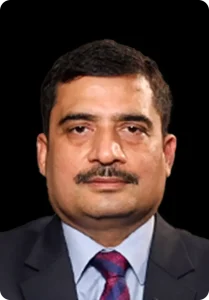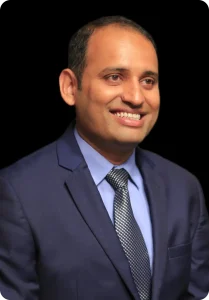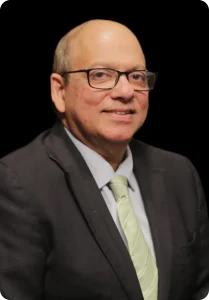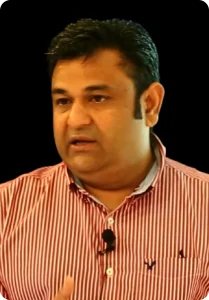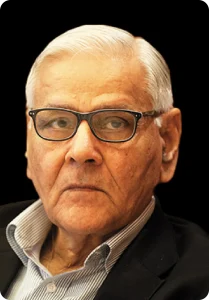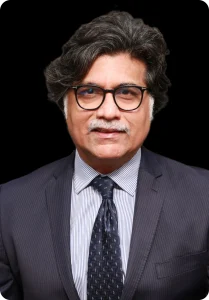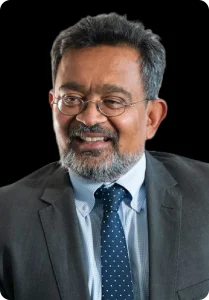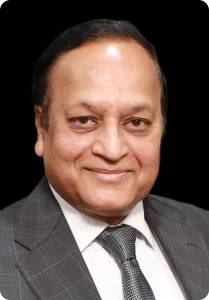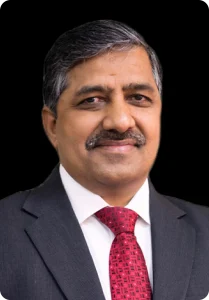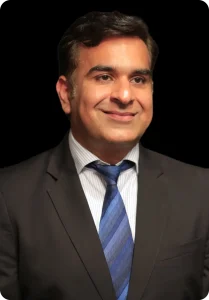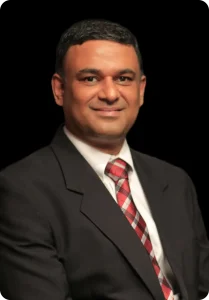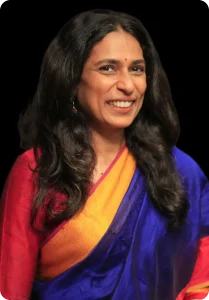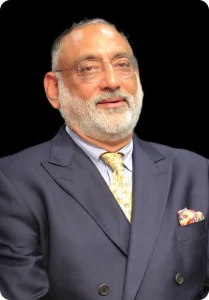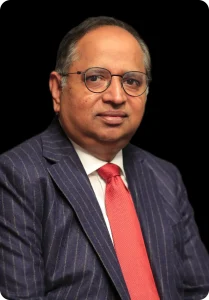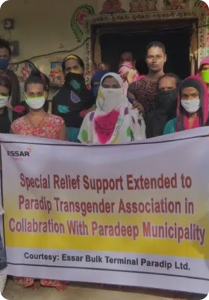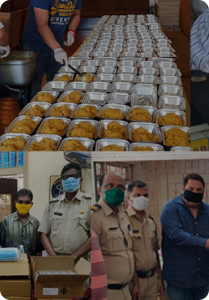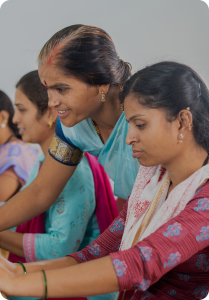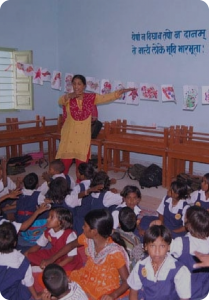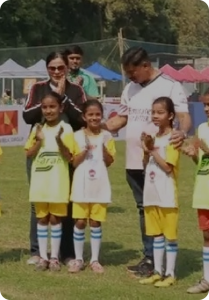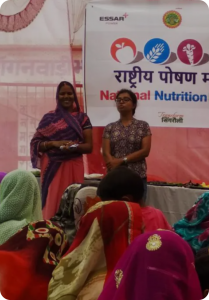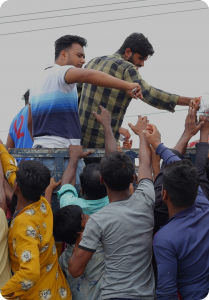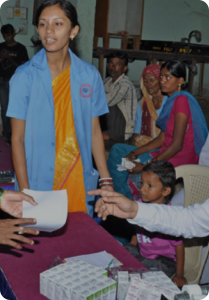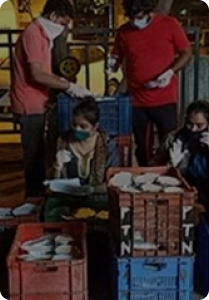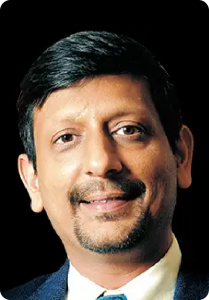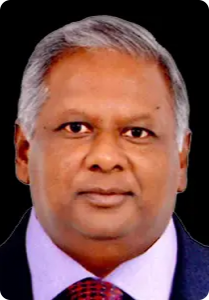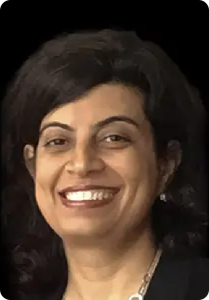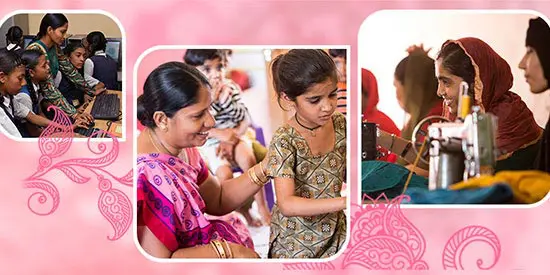
In the small village of Junagam, in the State of Gujarat, India, Nisha, Nayana, Jasmine, Bhavna, Ramila and Pratiksha are a group of six women who are part of a bakery programme run by the Essar Foundation, the corporate social responsibility arm of the Essar Group, India’s fourth largest company. These women have not just learned to bake, but have set up a small bakery business. They have also acquired a self-confidence that has come through the support and friendships they have made through this school. Their bakery enterprise has taken off, and proudly reports that their busiest periods are during Diwali (the Hindu New Year) and Christmas.

Life in Junagam is sheltered. Without the women empowerment programs run by the Essar Foundation, life would be restricted and isolated. Many of these women at this training school have not travelled, not even to Mumbai, one of India’ biggest cities and only four hours away by train. Meet Alpa who is learning to sew at the Foundation’s school. Alpa was married at the age of 17; now aged 21, she is already a mother to a four-year-old although very much a teenager at heart with her giggling. The sewing class has helped her make friends, giving her a wider perspective on life. There are instances where girls are married at even a younger age than Alpa; however, through the Essar Foundation’s efforts this is not happening so frequently.
The classes here fit around the women’s lives so that they can get on with their home duties of cooking, cleaning and taking the milk they produce from their farms to the dairy for distribution. This way the learning does not interfere with village life, as women’s empowerment in India is heavily dependent on many different variables that include geographical location (urban/rural), educational status, social status (caste and class) and age. The Essar Foundation also runs other women training initiatives in Hazira, next door to Junagam.
Sadly, the status of women in India reflects a disappointing picture in almost all important human development factors. The lack of adequate schools, health centers, drinking water, sanitation and hygiene facilities hinders a large number of women, inhibiting their social and economic development, particularly for women in rural areas. Here their empowerment is vulnerable to maternal and infant mortality, as often they are unable to access health and educational services. Plus, they lack decision-making powers and face higher levels of violence.
This is why the work of the Essar Foundation is pivotal. It supports initiatives focused on women living in rural areas near the company’s operations; empowering women and encouraging their entrepreneurial spirit is a key part of the company’s CSR strategy. It understands the role women play in the development and progress of society and actively seeks opportunities to enable women in rural areas to have a voice on issues that concern them by running programs of how to manage their monetary, physical and intellectual needs. The work of the Foundation helps raise the self-esteem of women like Alpa, Jasmine and Nisha.
The original article has been written by Sangeeta Handl, the founder of Serendipity PR, in London. She works with high-profile brands and organizations in the public, non-profit, and corporate sectors, and has won awards for her work from the communications industry.
To see the original article click here


